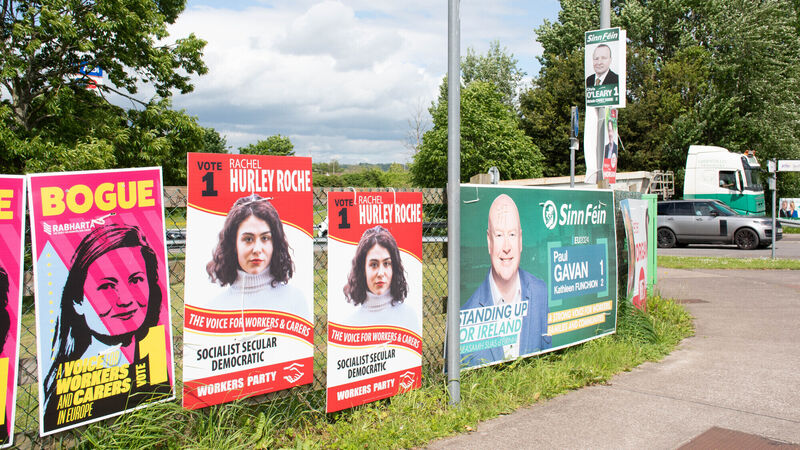Local elections: Everything you need to know about the Cork City South East constituency

With an electorate of just over 32,000 and a turnout in 2019 of almost 50% it's the highest turnout of all five of the city's LEAs. Picture: Howard Crowdy
Try from €1.50 / week
SUBSCRIBECONNECT WITH US TODAY
Be the first to know the latest news and updates
Newsletter
From the corridors of power to your inbox ... sign up for your essential weekly political briefing.

Select your favourite newsletters and get the best of Irish Examiner delivered to your inbox
Friday, February 13, 2026 - 8:00 PM
Friday, February 13, 2026 - 4:00 PM
Friday, February 13, 2026 - 5:00 PM
© Examiner Echo Group Limited